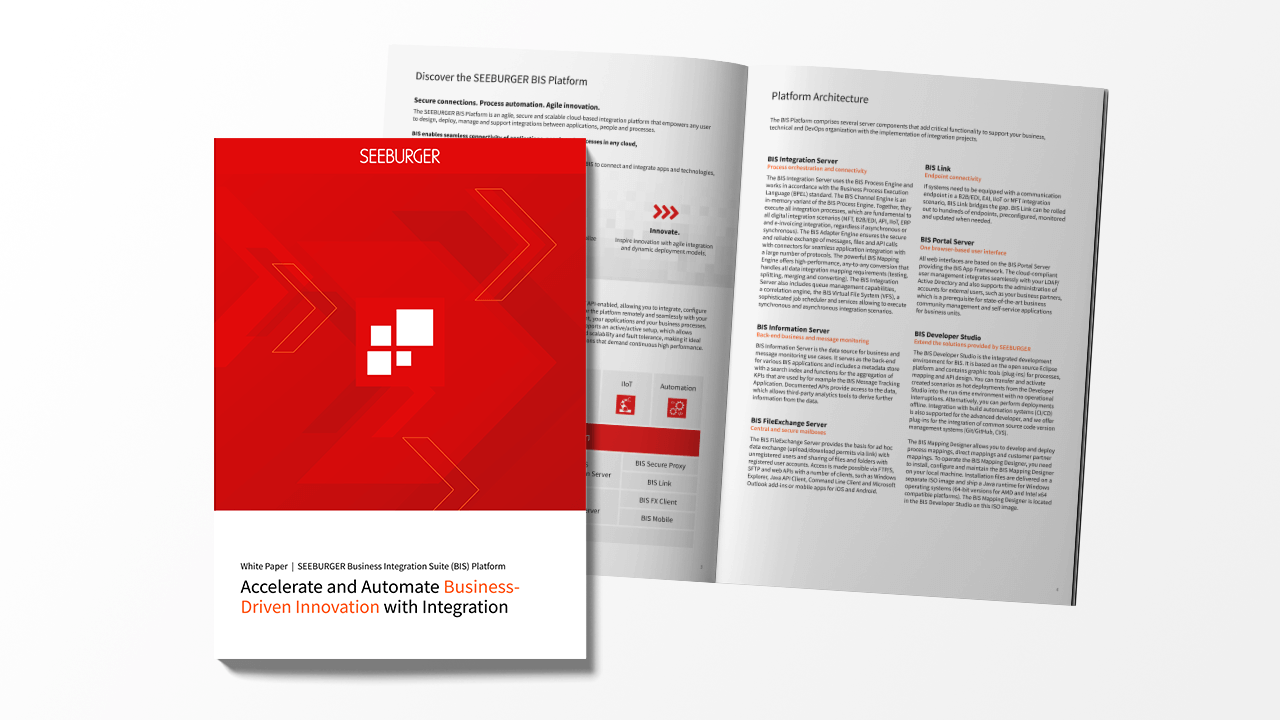
What is a VDA 4985 Message?
1. Executive summary: EDI VDA 4985 message
The VDA 4985 message represents Just-in-time information that is sent to suppliers by their customers. These messages follow the VDA standards and are supplement documents for electronic purchasing processes based on delivery schedules commonly used in the automotive industries. The structure of the VDA 4985 message is based on EDIFACT.
The VDA 4985 can be understood as a subset of the EDIFACT DELJIT message. While the EDIFACT DELJIT message can be used independently from the industry, the VDA 4985 focuses specially to cover the automotive requirements.
2. The use of the VDA 4985 message
In order to further reduce stock levels and therefore exchanging precise delivery information manufacturing companies send demand information not just on a daily basis but even more precisely on a time slot level. To achieve this they use the VDA 4985 format which consist of segments containing date, time and quantity information for required materials.
The VDA 4985 message is crucial when fulfilling the Just-in-time (JIT) process of manufacturing companies. Because of that it is also referred as “Just-in-time”- or JIT message. In JIT environments VDA 4985 messages are used as supplement to the delivery planning sent by a VDA 4984 message. The VDA 4985 messages are sent very frequently to communicate exact shipping times and quantities. Also changes to date, time and quantities of previous VDA 4985 transmissions can be exchanged within a new message.
Only suppliers who can guarantee a high delivery quality are eligible for serving JIT processes in a supply chain. The ability of automatically processing VDA 4985 messages is one key factor to achieve this level of delivery quality in the automotive industry.
How does a typical VDA 4985 Structure look like?
In general documents that are exchanged between customer and suppliers via EDI follow a typical sequence of business processes. The table below shows the role of a VDA 4985 and which other message types are used in an automotive scenario:
- Information concerning parts that are ordered (material no., material description)
- Several lines specifying dates, times and quantities of deliveries (What is delivered when?)
- Ship to address (plant, dock/gate addresses, assembly line)
UNA:+.? "
UNB+UNOC:3+GPZ-OO+004331148::01+190302:0526+000000119"
UNH+1+DEJIT:D:13A:UN+LNWY70+3"
BGM+307+6:JIS5000:CO+190+9"
DTM+137:201903011625:203"
FTX+AAI++NVE"
NAD+BY+ZBA-MG::92"
NAD+SF+SAA3::92"
NAD+SH+185842818::92"
SEQ+37+6181483510"
DTM+194:20190301142100:204"
GIR+4+2859028220.XL+ELLVGR2:XA+90:XL"
GIR+4+049436361.XM+83231192:XL"
GIR+4+0729687:AN+8131534:VV"
UNT+13+1"
UNZ+1+000000119"
EDI Workflow for processing of the VDA 4985 Message
The VDA 4985 message is generated on customer side and sent from there to the supplier. The supplier’s receiving system validates the message against the VDA 4915 specifications after reception and sends back a functional acknowledgement (i.e. with a CONTRL message type). The functional acknowledgement confirms the reception of the JIT message. After master data validation the information from the VDA 4985 message will update the supplier’s planning by adding or updating existing schedules.
In JIT processes orders information are never just exchanged with VDA 4985 messages. The JIT processes usually start with a VDA 4984 message defining a long term delivery planning. The VDA 4985 messages are used to extend the long term planning with precise time information for the shipments in the near future.
In general documents that are exchanged between customer and suppliers via EDI follow a typical sequence of business processes. The table below shows the role of a VDA 4985 and which other message types are used in an automotive scenario:

How is the VDA 4985 Format called in other EDI Message Standards?
The VDA standard is defined by the German Association of the Automotive Industry (“Verband der Automobilindustrie (VDA) e.V.”) and very common in the EU region when exchanging EDI messages with automotive OEMs. In contrast to that in the NAFTA region commonly ANSI message types are used – also for a wide array of industries not just automotive. In the Asian region and also in the EU EDIFACT is a wide spread standard which is also applied in many different industries. The EDIFACT DELJIT message and the ANSI X12 862 are used in particular for exchanging just-in-time demands.
The legacy VDA 4915 message is the predecessor of the VDA 4985 message for exchanging planning schedules and is still in use by many companies in the EU region.
Typical Errors when using the VDA 4985 Message
Problems that occur when exchanging JIT messages are commonly based on wrong or missing master data. If data is transmitted inside a VDA 4985 message that is unknown in the supplier’s ERP system, an error on processing step will be the result. Typical issues in context of VDA 4985 messages are:
- Parts and regarded delivery planning for the requested material do not exist. This can be due to a mismatch with the previously exchanged VDA 4984
- New plant/dock/assembly line information is exchanged but not maintained on supplier side
Benefits using EDI and the VDA 4985 Message
Benefits exchanging JIT demands via VDA 4985 for customer and the supplier
Automate the VDA 4985 Just-in-time Message with flexible operating models
When moving to the latest VDA standards and JIT, you need a very reliable EDI operation. With SEEBURGER you have all options: The SEEBURGER EDI solution can be used on-premises as an in-house operation, can be booked as an EDI Cloud Service in the SEEBURGER Cloud or in public cloud environments like the ones from Google, Azure, AWS etc.










